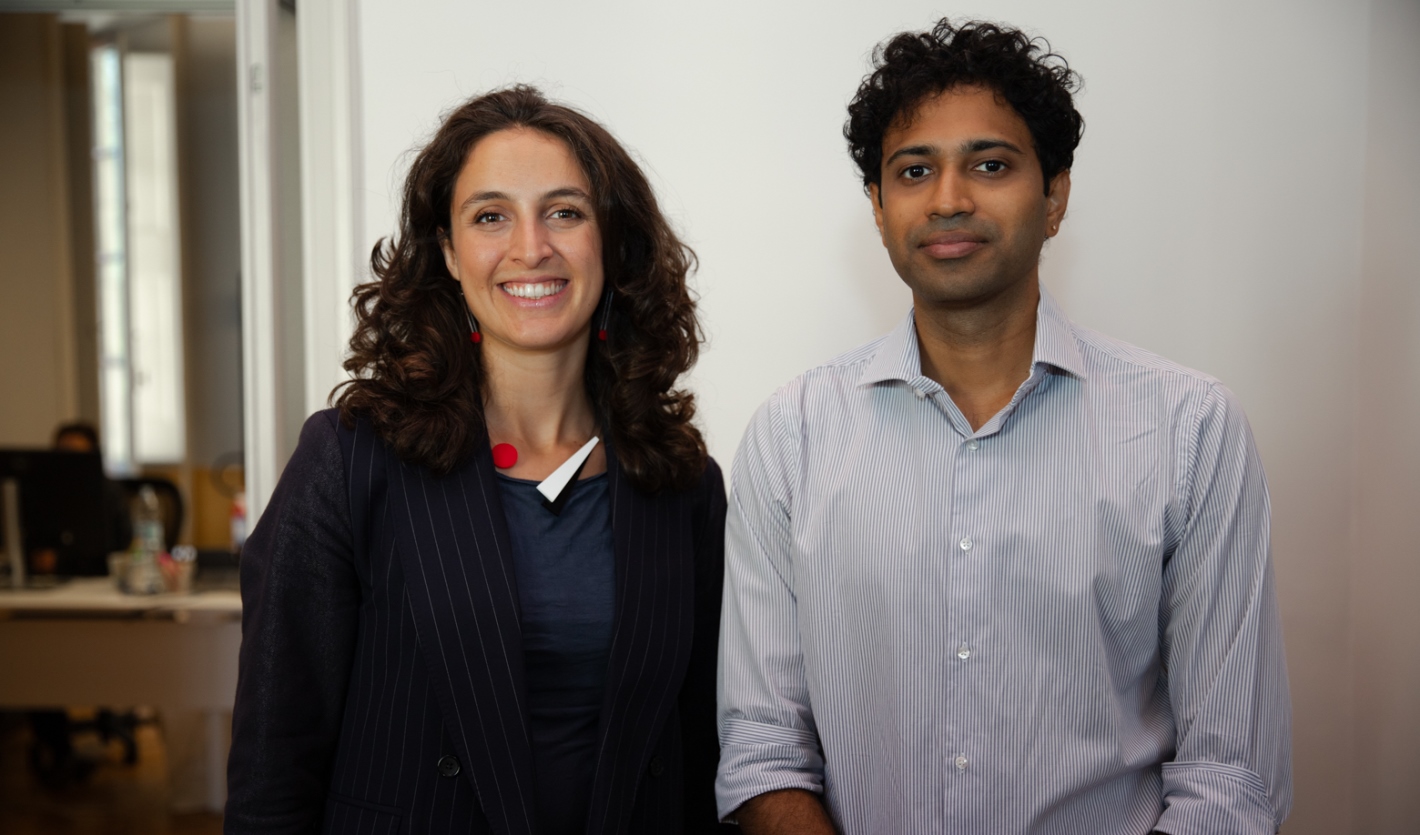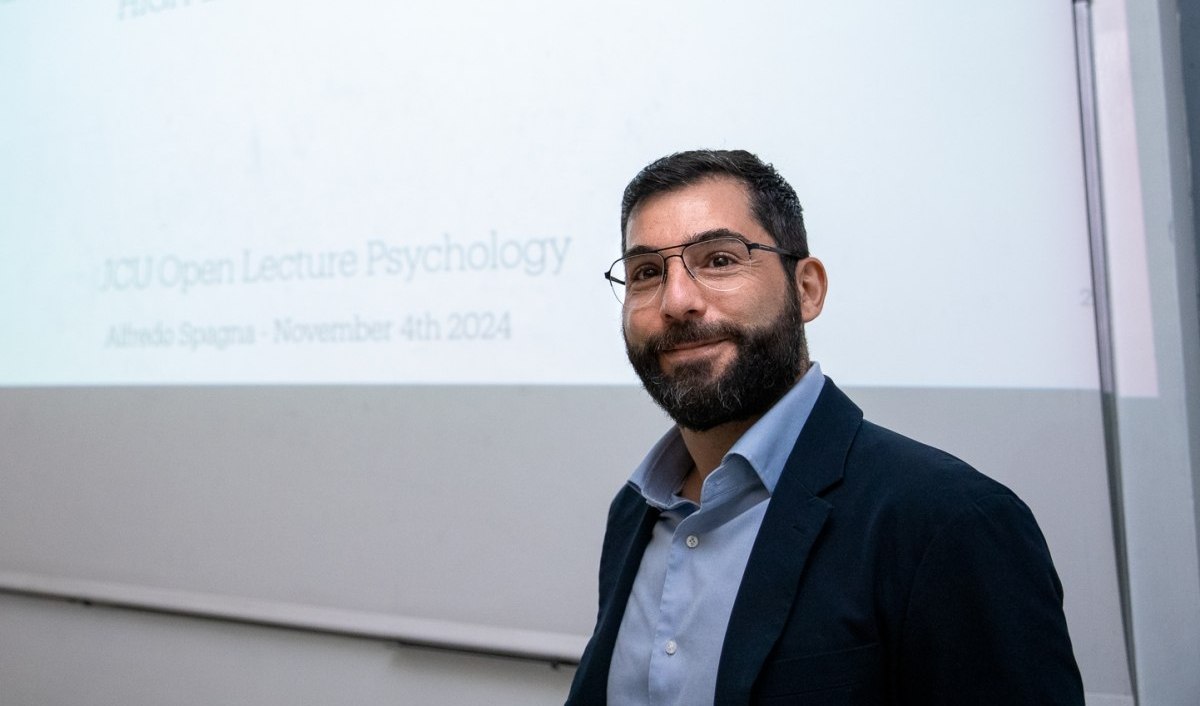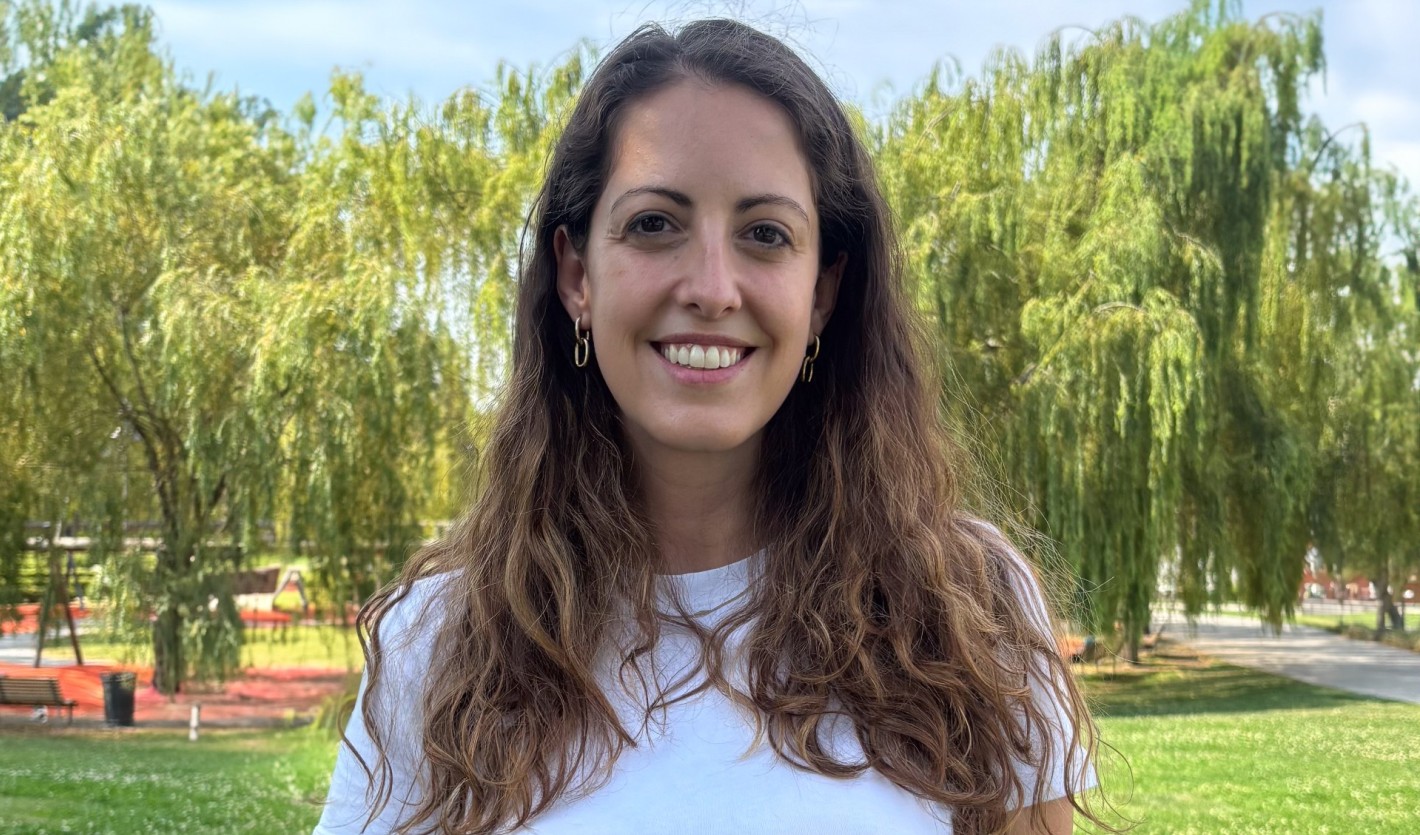On October 14, 2025, John Cabot University welcomed Rohith Subramania and Cristina Altomare, specialists from the United Nations Development Programme (UNDP). Subramania and Altomare delivered a lecture on climate policy as part of the Practicum in International Affairs, a program that provides graduate students with practical experience in international policy and global affairs.
Subramania, a finance specialist, and Altomare, a team leader on climate finance at UNDP Rome Centre for Climate and Energy, collaborate on the PISTA (Platform for Investment Support and Technical Assistance) initiative, which aims to support climate projects through technical assistance and strategic investment.
During the lecture, these experts provided a comprehensive analysis of climate change, addressing its history, future projections, and major challenges. Altomare said: “The environmental effects we currently see are not only linked to emissions that are happening today, but rather they are the result of a cumulative effect from the past 100 years.”
The speakers also reviewed the history and current status of climate finance, emphasizing the progress made by governments, companies, and international agencies, as well as areas that still require attention. They explained how their work at UNDP includes creating investment roadmaps for developing economies, helping them access multilateral climate funds, and transforming projects from initial concepts into scalable and sustainable models.
One of the most significant aspects of the lecture was the recent emergence of blended public-private finance, particularly at a time when governments like the United States are reconsidering their support for climate finance. During the session, the speakers highlighted that: “The blended approach and the impact of private financing is the only way to achieve scale.”
The lecture concluded with case studies about Zambia and Kenya, where UNDP has developed climate projects from pilot phases to full scalability, demonstrating how collaboration between public and private actors can generate tangible and sustainable impact.
The session made clear that climate change is not only an environmental challenge but also an economic and social one; addressing it requires cooperation, innovation, and ongoing commitment. For John Cabot University students, the lecture offered a direct insight into how policy, finance, and international strategy intersect to tackle one of the most urgent challenges of our time.












